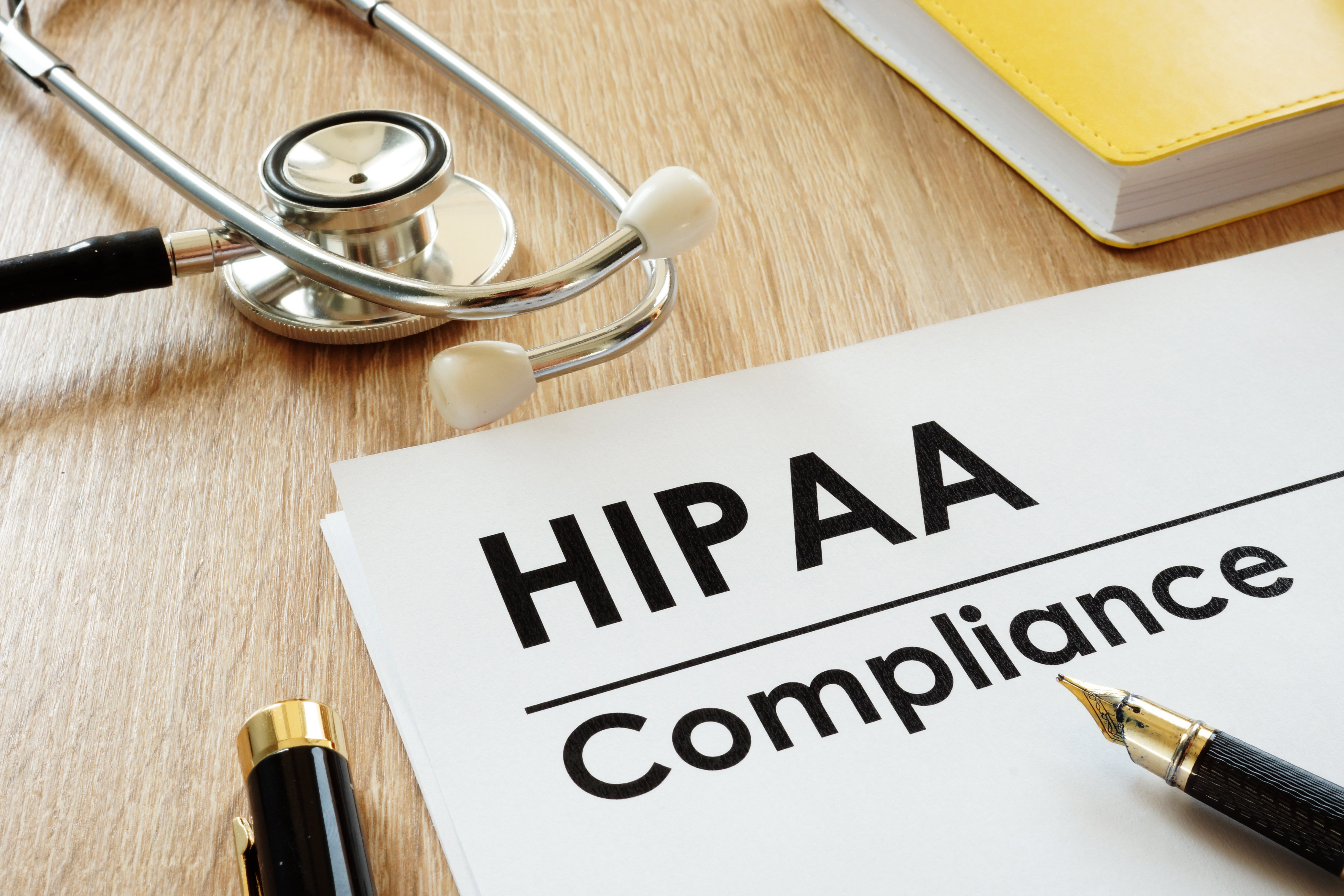What Should Your HIPAA Compliance Strategy Include?
Jul 06, 2023 Germany Caushi Cloud & Infrastructure | Industry - Healthcare | Security & Compliance 1 min read



Whether you’re managing your HIPAA compliance on your own, or you’ve invested in healthcare IT solutions for your practice, you need to have a strategy in place.
Sourcepass Recommendations for HIPAA Compliance Strategy
Develop a Comprehensive Strategy/Plan:
Given the complexity of the HIPAA Security Rule, which includes numerous implementation specifications across administrative, physical, and technical safeguards, it’s essential to grasp the overall framework. Start by utilizing available resources like the HHS website to gain a solid understanding.
Assign Appropriate Responsibilities to Qualified Individuals:
As part of your HIPAA requirements, it is crucial to designate a Privacy Officer and a Security Officer. Additionally, while not explicitly stated, it is important to have team members responsible for handling compliance documentation to ensure proper documentation of HIPAA-related activities.
Promote Staff Engagement in HIPAA Compliance:
A comprehensive HIPAA compliance plan necessitates equipping your staff with the necessary knowledge and skills to navigate a variety of potential scenarios, including:
-
- Promoting active participation in compliance best practices.
- Enhancing staff’s ability to identify and mitigate risks from suspicious emails, phishing attempts, and social engineering tactics.
- Providing guidelines for secure and responsible use of business technology to protect patient data and assets.
- Equipping employees with the necessary knowledge to promptly respond to suspected noncompliance incidents.
Prepare for Future Audits and Reviews:
HIPAA regulations require organizations to regularly reassess their compliance policies and procedures to ensure alignment with evolving regulations and internal changes. By proactively establishing meticulous and systematic documentation, it becomes easier to conduct periodic reviews and make necessary adjustments as needed in the future.
Avoid Complacency:
It’s important not to assume invulnerability, even when compliant and secure. HIPAA compliance aims to minimize, rather than eliminate, risks. Prepare a comprehensive plan for addressing potential breaches or non-compliance incidents and establish contingencies for worst-case scenarios. By doing so, you can effectively prevent being caught off guard and respond promptly to any challenges that arise.
Contact Sourcepass for a HIPAA Compliance Assessment
The Sourcepass team has extensive knowledge of HIPAA compliance and can conduct a HIPAA compliance assessment and create a strategy to address any identified non-compliance risks. For more information on how Sourcepass can help with HIPAA compliance, contact Germany Caushi, Cyber Risk Advisor at (877) 678-8080.
Subscribe To
Sourcepass Insights
Sourcepass Insights
Stay in the loop and never miss out on the latest updates by subscribing to our newsletter today!


